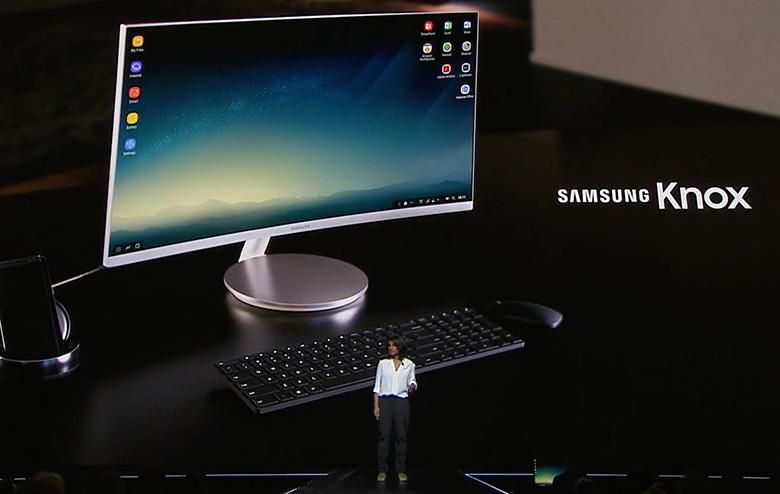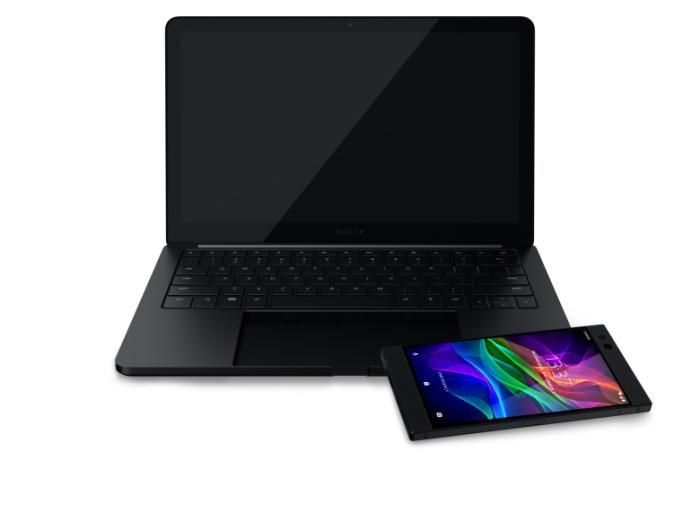The title of this article is a bit rhetorical since we all know that smartphones are computers. But if you ask most people, even smartphone users, there’s typically a hard line which distinguishes our mobile devices from the traditional computer. Like most everything else on the planet, our definition of the traditional computer has evolved significantly over time. We went from small mechanical computers which were designed for simple calculations in the 1930s to room-scale computers in the 1940s which used thousands of physical relays to crunch incredibly complex calculations. From there, the pace of innovation skyrocketed as the technology became smaller and more powerful with every year that passed, leading up to the immensely-powerful and pocketable devices we carry around in our pockets.
But while smartphones these days are technically more powerful than the desktop and laptop computers we were using 5 years ago, our mobile devices are still relegated to peripheral status when it comes to getting work done. Sure, smartphones are an essential tool in our day-to-day lives, but it’s still hard to find someone who would rather do work on their mobile device rather than one with a full keyboard and larger display.
Smartphone makers have been trying to bridge the gap between computers and smartphones recently with features like Samsung DEX which allow your smartphone to act like a traditional computer when connected to a monitor and keyboard. You get a desktop view, app windowing and keyboard shortcuts just like you would on a computer operating system. For the most part, these hybrid systems give us a traditional desktop computer experience, but that’s also their main flaw. The reason we love our smartphones so much is that they are small and portable – something a computer monitor and keyboard aren’t.
There are some solutions like Mirabook or Razer’s Project Linda which allow you to connect your smartphone to a laptop-like device. While this may seem like the perfect compromise, it’s also a big hassle. These devices are as light and portable as a laptop, but they’re completely useless if they’re not connected to your smartphone.
In my view, the computer won’t ever be replaced by smartphones. The mobile devices we carry with us are perfectly suited for entertainment, communications and much more, but there’s simply no replacement for a keyboard and mouse if you want to be productive. Qualcomm’s always-connected Windows laptops prove that the computer will be a distinct product for the foreseeable future. Laptops with LTE connections and all-day battery life will never reduce our dependence on smartphones, but they will have a positive impact on laptop sales as we move away from older devices with limited battery life which can only connect to the web over WiFi.
In the future, smartphones and computers will continue to mimic each other’s features, but I don’t think the distinction between a computer and a smartphone will ever go away.


